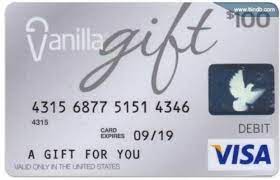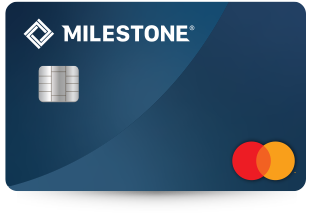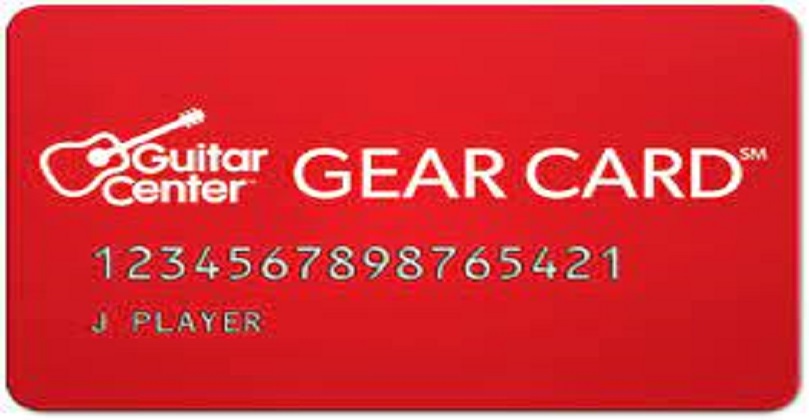Table of Contents
How to Choose a Secured Credit Card: If you are trying to establish or rebuild your credit, a secured credit card can be a useful tool. Unlike unsecured credit cards, secured credit cards require a deposit that serves as collateral for the credit limit. This makes them a safer option for lenders and more accessible for people with poor or limited credit histories. However, not all secured credit cards are created equal. In this article, we will guide you through the key factors to consider when choosing a secured credit card that fits your needs and helps you achieve your financial goals.

Understanding the Basics of Secured Credit Cards
Before diving into the selection process, let’s review the fundamental features of secured credit cards. A secured credit card works like a regular credit card, but you must first provide a security deposit, usually between $200 and $2,000, to open the account. The deposit serves as collateral in case you fail to make payments, and it also determines your credit limit. For example, if you deposit $500, your credit limit will be $500 or slightly higher, depending on the card issuer’s policy. Unlike prepaid cards, secured credit cards report to the major credit bureaus, so they can help you build credit or improve your credit score if you use them responsibly.
Evaluating the Fees and Interest Rates
One of the most critical aspects of any credit card is the fees and interest rates. Secured credit cards tend to have higher fees and interest rates than unsecured cards, as they cater to riskier consumers. Therefore, it’s crucial to compare the costs of several secured credit cards and look for the most affordable options. Here are some fees and rates to watch out for:
- Annual fee: Some secured credit cards charge an annual fee, which can range from $0 to $99 or more. Look for cards with no or low annual fees.
- Application fee: Some secured credit cards require an application fee, which can be as high as $50 or more. Try to avoid cards that charge an application fee, as they can eat up a significant portion of your deposit.
- Processing fee: Some secured credit cards charge a processing fee when you make a deposit or request a credit limit increase. These fees can be up to $35 per transaction, so be aware of them.
- APR: The annual percentage rate is the interest rate you’ll pay on your balance if you carry it over from month to month. Secured credit cards can have APRs ranging from 15% to 25% or more, depending on your creditworthiness and the card issuer’s policy. Try to choose a card with a lower APR, but keep in mind that you should aim to pay your balance in full each month to avoid interest charges.
- Penalty fees: If you miss a payment or exceed your credit limit, you may incur penalty fees, which can be as high as $40 or more. Make sure you understand the penalty fees of each card and try to avoid them by paying on time and staying within your credit limit.
Checking the Credit Reporting Policy
As we mentioned earlier, secured credit cards can help you build credit or improve your credit score if you use them responsibly. However, not all secured credit cards report to the major credit bureaus or report in a timely and accurate manner. Before applying for a secured credit card, check the card issuer’s credit reporting policy and make sure they report to all three major credit bureaus (Equifax, Experian, and TransUnion). Also, ask how often they report your payment history and credit utilization, as these factors can impact your credit score significantly.
Choosing the Best Secured Credit Card: Key Considerations
Now that you know what to look for in a secured credit card, let’s dive into the key considerations to keep in mind when choosing the best option for you.
Credit Limit When choosing a secured credit card, the credit limit is an important factor to consider. Look for a card that offers a credit limit that fits your needs and budget. If you’re looking to establish credit, a lower limit may be a good place to start.
Fees As mentioned above, fees are an important factor to consider when choosing a secured credit card. Look for a card with reasonable fees, and be aware of any additional charges that may be incurred.
Interest Rates Interest rates are another key factor to consider. While secured credit cards tend to have higher interest rates than traditional cards, you still want to make sure you’re getting a competitive rate. Look for a card with a reasonable rate that won’t leave you drowning in debt.
Credit Reporting One of the primary reasons to use a secured credit card is to establish or improve your credit score. Make sure the card you choose reports to all three major credit bureaus to ensure your positive payment history is reflected in your credit report.
Rewards While rewards programs can be a nice bonus, they shouldn’t be the primary factor in your decision. Look for a card with rewards that fit your spending habits and financial goals, but don’t sacrifice other important factors just to earn points or cash back.
FAQ About How to Choose a Secured Credit Card
What is a secured credit card?
A secured credit card requires a security deposit that serves as collateral in case you’re unable to make payments. This makes them a lower-risk option for lenders, which can make them easier to obtain for individuals with poor or no credit history.
Can I be denied a secured credit card?
Yes, while secured credit cards are generally easier to obtain than unsecured cards, issuers still have the right to deny applications based on factors such as a history of fraud or outstanding delinquencies.
Will my security deposit earn interest?
Typically, security deposits for secured credit cards do not earn interest. However, it’s always a good idea to confirm this with the card issuer
Final Words:
Choosing a secured credit card is an important step towards establishing or rebuilding your credit history. By considering factors such as fees and rates, credit-building opportunities, security deposit requirements, and additional card benefits, you can make an informed decision that suits your financial goals and needs. Remember, responsible use of your secured credit card is key to building a strong credit foundation for a brighter financial future.


